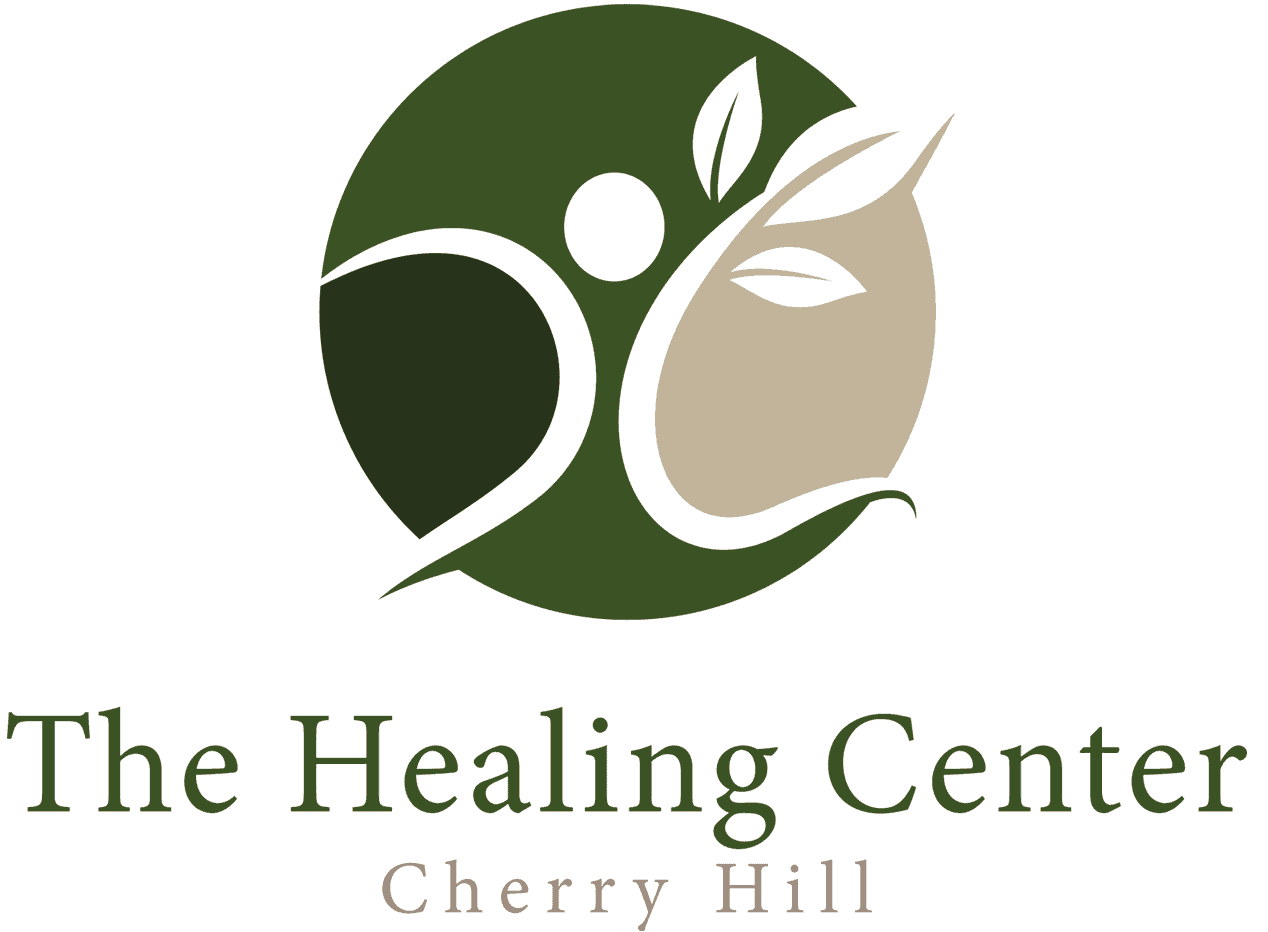If an individual drinks alcohol consistently for weeks, months, or years they will develop a physical dependency to it. Once a physical dependency for alcohol has been established in the body, a person cannot stop or cut down their alcohol consumptions without experiencing withdrawal. Alcohol withdrawal is one of the most dangerous detox processes that there is and should not be done without the appropriate medical supervision. It is important to understand the signs and symptoms of alcohol withdrawal in order seek treatment as soon as possible.
What Is Alcohol Dependency?
Unfortunately alcohol dependance is a common issue in the United States. According to The National Survey on Drug Use and Health it was estimated in 2019 that over 14 million individuals 12 and older in the United States struggled with alcohol abuse. Alcohol dependency occurs when an individual is drinking large amounts of alcohol regularly. It is suggested that women only have one drink per day and men only have two drinks per day in order to safely consume alcohol. If an individual begins to drink over the suggested amount, then they are at risk of becoming dependent upon alcohol. Alcohol dependency effects both the body and the brain. Psychological dependance will develop as well as damage to organs within the body such as the liver and kidneys. Once someone is dependent they cannot stop drinking without experiencing the signs and symptoms of alcohol withdrawal.
What Are The Signs And Symptoms of Alcohol Withdrawal?
Alcohol withdrawal is different from other drug withdrawals due to the fact that it can cause deadly side effects such as life-threatening seizures. Alcohol withdrawal comes on quickly and can start in as little as 5 to 10 hours after someone’s last drink. The symptoms usually peak within 24 to 48 hours and last up to 7 days. The signs and symptoms of alcohol withdrawal can vary by the individual but here are some of the most common:
- tremors
- blood pressure changes
- rapid breathing
- sweating
- vomiting
- insomnia
- irritability
- nausea
- anxiety
Depending on the level and frequency of a person’s alcohol consumption the signs and symptoms of alcohol withdrawal can be much more severe. Some of the more severe signs and symptoms include:
- hallucinations
- seizures
- loss of consciousness
- confusion
- dehydration
- delirium tremens
Although the more severe side effects of alcohol withdrawal only happen to a relatively small percentage of people, there is always a risk that it could happen. Due to that risk it is extremely important for individuals who are withdrawing from alcohol to be admitted into a medical detox or hospital. If you or someone you love is experiencing the signs and symptoms of alcohol withdrawal, then medical attention should be sought immediately.
Treatment For Alcohol Withdrawal Symptoms
Alcohol withdrawal symptoms should always be treated under medical supervision. Alcohol is one of the few substances in which the withdrawal process may cause death. Under medical supervision the risk of death is extremely low and individuals are able to be as comfortable as possibly while detoxing. Treatment for withdrawal symptoms can be done in either a hospital or a licensed detox facility. While in detox clients will receive medications that help ease the signs and symptoms of alcohol withdrawal. They will also receive 24/7 medical supervision in order to ensure that severe side effects, such as dehydration, do not occur.
Once an individual has gone through the physical detox process it is also important that they enter into a supervised treatment facility in order to heal from the psychological effects of alcohol addiction. When someone abuses alcohol their brain becomes dependent on the substance. Alcohol abuse not only effects the body physically, but also mentally. In order to recover from alcoholism individuals often need therapeutic services which are provided to them in treatment programs such as partial care programs and intensive outpatient programs. Alcohol treatment programs will provide therapy, holistic treatments, and medication management in order to help individuals achieve long-term recovery. The early stages of the recovery process are the highest risk for relapse, which is why it is imperative that an individual enters into a treatment facility once they have completed detox.
Alcohol Treatment Facilities In Cherry Hill, NJ
Here at The Healing Center in Cherry Hill, NJ we understand that recovering from alcoholism is not an easy process. We offer support for you every step of the way. If you are currently experiencing the signs and symptoms of alcohol withdrawal then call our admissions team immediately. We will help direct you to a detox facility that can help you safely complete the withdrawal process. Once you have completed detox you can enter into our alcohol treatment facility. We offer a number of different levels of care depending on your needs including partial hospitalization, intensive outpatient, and outpatient programs. We provide one on one therapy, group therapy, holistic treatments, and medication management in order to help you achieve long-term recovery. Call The Healing Center’s admissions team today if you or your loved one is suffering from alcoholism, in order to get the help that you need.







